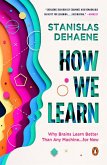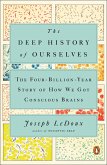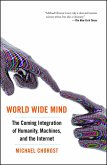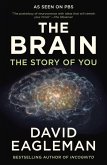Gisèle Gelbert, a neurologist, aphasiologist and speech therapist, specialises in the rehabilitation of aphasics. She revealed the existence of aphasic type disorders among children who are unable to read, write or even speak. Her theory and therapeutic approach are described in six books, previously published by Editions Odile Jacob: Lire, c'est vivre; Lire, c'est aussi écrire; Le Cerveau des illettrés; Un alphabet dans la tête; Lire ou ne pas lire? and Le Combat, parler, lire, écrire autrement dits. Gisèle Gelbert pursues her exploration of aphasic disorders, based on a language theory that has been validated by its positive results. In extreme cases and when all established therapies have failed, the author's specific method of rehabilitation has been successful. In each situation, she examines the dysfunctions and provides solutions. Why does Sylvette write each word down twice when she hears words spelled out in a dictation? Why do exercises for aphasia help stutterers? Why do some people say that when they look at a text they see only a sea of words? Is there a link between altered speech and altered reading? Why are some students incapable of understanding a lecture and taking notes at the same time? This book is aimed at therapists, educators and parents. For them what matters is obtaining results - and these complex pathologies demand equally complex explanations.- A successful approach to severe spoken and written language disorders.- Numerous examples illustrate the rigour required in making a diagnosis and the method's proven success.
Hinweis: Dieser Artikel kann nur an eine deutsche Lieferadresse ausgeliefert werden.
Hinweis: Dieser Artikel kann nur an eine deutsche Lieferadresse ausgeliefert werden.








